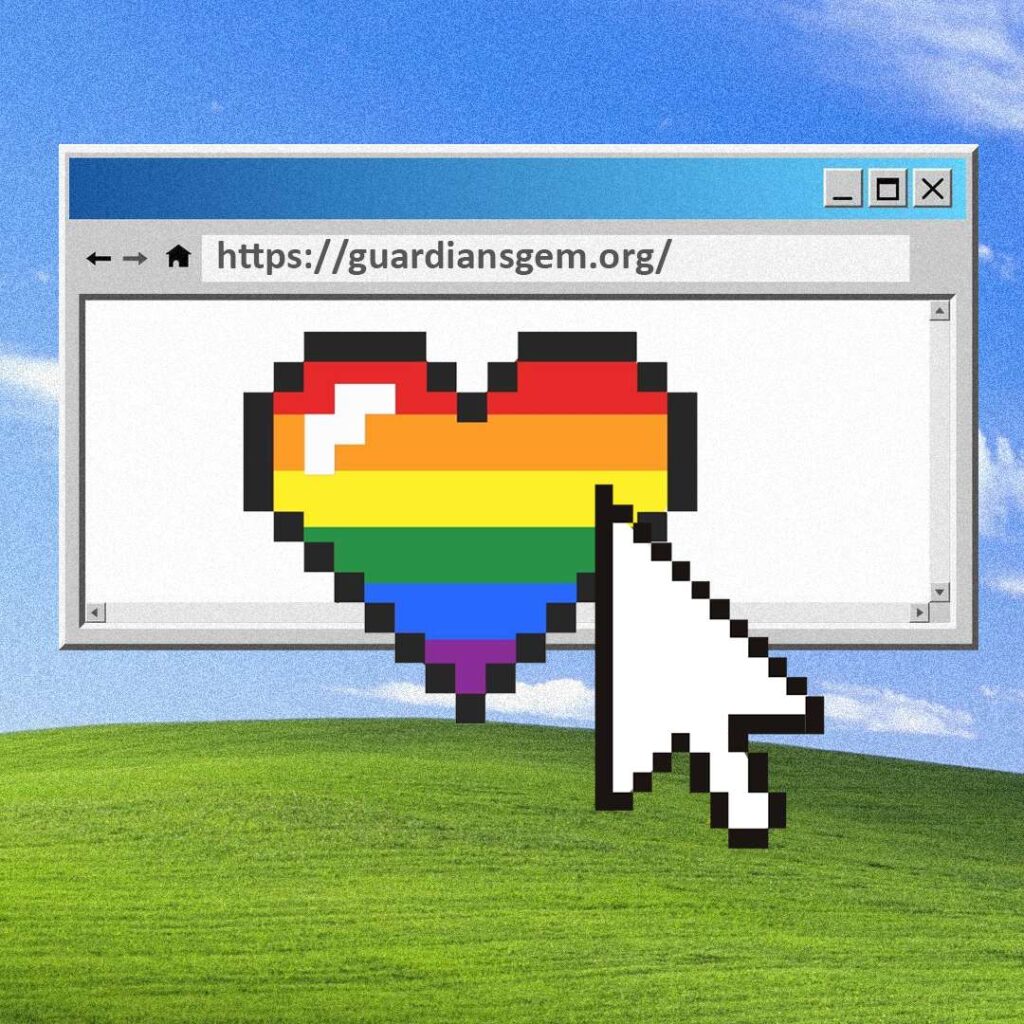In Syria, silence has never simply been a personal choice, it was a state-imposed cultural and media policy. For decades, queer Syrians were rendered invisible: ignored by the press, criminalized by the authorities, and avoided by society. But that long-standing silence began to crack with the rise of digital spaces, and a new generation emerged, one that refused to hide any longer.
Early Efforts Behind Closed Doors
Before the digital revolution, conversations around sexual orientation and gender identity happened in hushed tones, often tinged with fear and confusion. There were no local media outlets offering support or visibility; even internet search results echoed narratives of criminalization or so-called “corrective” psychiatry.
Still, a few anonymous online forums began to take shape. Though far from safe, these closed digital spaces became the first places where LGBTQIA+ Syrians could ask questions, share stories, and begin to break the wall of silence. They were crude, imperfect, but vital.
The Internet: From Existence to Representation
In the early 2000s, as internet access became more widespread, Syrian bloggers and writers, both inside and outside the country, began sharing their stories online. These early blogs spoke in a voice that was raw, personal, and deeply honest. Then came the social media revolution, which handed queer communities the tools to speak for themselves.
Facebook pages, podcasts, and digital magazines emerged, allowing LGBTQIA+ Syrians to share experiences, advocate, and educate. One notable publication was Moualleh Magazine, which published essays and testimonies about gender and sexuality using local Syrian dialects—blending humor with brutal sincerity.
Soon after, more platforms followed: LGBT بالعربي and Atyaf, among others, provided news, educational content, personal stories, and commentary relevant to queer Syrians, marking a major shift from silence to visibility.
One organization, Guardians of Equality Movement (GEM), became a crucial support system for the queer Syrian community. It built an inclusive virtual space for storytelling, expression, and solidarity. GEM now produces and promotes the podcast Queer in Syrian, a series of intimate conversations with queer Syrians, published in partnership with LGBT بالعربي.
In one episode, a queer activist named Jad, speaking from inside Syria, described how much has changed:
“Just typing words like ‘queer’ or ‘LGBT’ into a search engine now brings up stories and content that reflect who you are. You feel seen. You feel like you’re part of something bigger.”
Jad’s words capture the shift perfectly. Finding information, once an isolating and dangerous task, has become easier, more immediate, and more affirming. Queer identity is no longer solely shaped by personal experience or rare, hard-to-access resources, it’s supported by a growing archive of digital content that reflects real lives. This transformation hasn’t just helped people understand themselves, it’s helped them feel part of a larger community with shared struggles, dreams, and language.
Knowledge is no longer a privilege, it’s a tool for survival. Belonging is no longer just a dream, it’s a lived reality.
Toward a Syrian Queer Media Memory
The emergence of queer-focused Syrian platforms has created a vibrant space for artistic and political expression, through stories, illustrations, blog posts, manifestos, and calls for solidarity. Some of these platforms have tackled formerly taboo topics such as religion, gender transition, and intersectional identity.
Many have also begun producing content around mental and sexual health, crafted in accessible, youth-friendly language that respects privacy and speaks directly to young queer Syrians. Organizations like GEM now offer counseling and emotional support, including a hotline. This is not a luxury, it’s an urgent necessity.
Together, these efforts are forming the foundation of a collective queer memory, a Syrian digital queer archive that documents what history tried to erase. It provides tools for the next generation to tell their own stories. Stories that were once buried are now being reclaimed by those who lived them.
This archive gives voice to a community that has long existed “between the lines,” refusing to be forgotten. It offers queer Syrians a space to share their pain, their joy, and their transformation.
— Sami Al Aghbashi, Syrian Queer Activist

